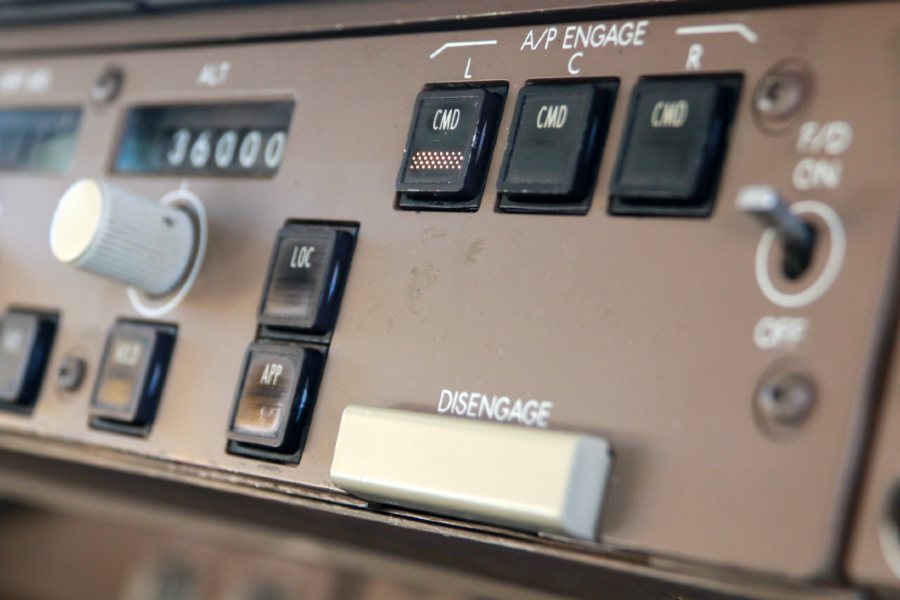June 18, 2023
Autopilot
Josh Gentine

In Charles Duhigg’s seminal book on habits, The Power of Habit, he found that nearly 40% of our actions in any given day are habitual. From our morning or evening routines to the way we interact with others, much of our life is spent on autopilot.
We often operate on autopilot, thank God, because if we had to process every action all day, we would be overwhelmed and exhausted. Basically, we’ve created an operating system to help us process life more efficiently. However, when was the last time you examined that operating system, to determine if it’s optimal?
Let me share a personal example. For many years I would make coffee for myself in the morning, typically hours before my wife would wake up. By the time we had to stir the kids for school, the pot was empty. However, some good friends recently told us that the husband gets his wife coffee in bed every morning. My wife was intrigued… The next week I remembered that conversation and brought her coffee. She was elated. This simple act, which took no time at all, led to a smile, connection, and even me sitting down on the bed and touching my wife’s arm to wake her up. This touch created connection early in the day, which created momentum for affection, trust, and respect. One tweak to the system had significant downstream impact.
When I work with clients, I spend a lot of time talking about the behavioral patterns within their family. We discuss how the family operates as a system and how a family system evolves in a way that reduces friction and becomes most efficient, even if that efficiency is not healthy. For example, parents may choose to accept certain behaviors from their children if not accepting said behavior creates friction. Or one partner may stop engaging in challenging dialogue with the other because when they do, their partner gets defensive or confrontational. Like water, our behavior flows on the path of least resistance. We are efficient beings.
In the context of a family business, the impact of our efficient operating system could ultimately be the demise of a company. For example, I have a client who is not addressing inappropriate behavior from family members at work. This acceptance of their behavior is frustrating employees, leading to higher turnover. The higher turnover is ultimately impacting their bottom line. The water is flowing; the system is broken.
Families are complex systems, but fortunately, you can examine that system and change the way it runs. It is a choice. The change may not be easy, but it is possible. So, in your own system, what is working and what is not? Can you identify low-effort, high-impact adjustments that will produce outsized returns for your family? Are you willing to disengage your autopilot and change the outcome of a day, week, year or a lifetime?
If you have a family business or family office and your system needs tweaking, send me a note, I’ll bring some coffee.
Josh